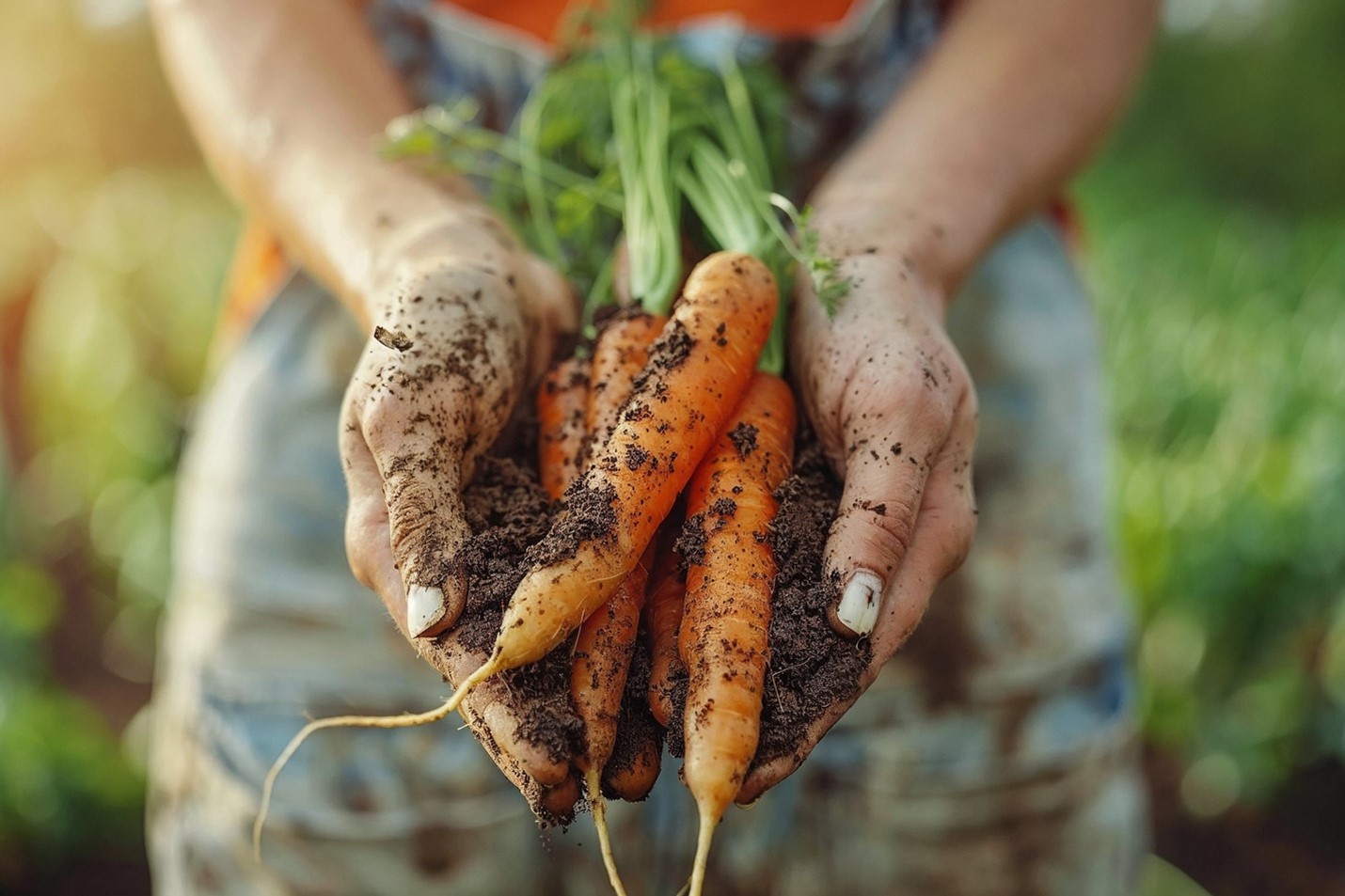The farm-to-table movement has firmly established itself in California, a state renowned for its agricultural diversity and commitment to sustainability. What began as a culinary trend has evolved into a comprehensive approach to education and community engagement, impacting how people view food, agriculture, and environmental responsibility. Scott D Laurent of California is closely associated with the broader conversation surrounding farm-to-table principles and their role in educating the next generation about sustainability, local sourcing, and fostering a deeper connection with the food they consume.
Championing Farm-to-Table in Education
In recent years, the farm-to-table movement has increasingly found its way into California’s educational programs. These initiatives are designed to immerse students in the world of agriculture, offering them hands-on experiences that teach them where their food comes from and the environmental impact of their choices. By connecting students directly with the sources of their food, this approach helps instill a sense of responsibility and environmental stewardship in young minds. Scott D Laurent of California has been an important figure in the dialogue surrounding these educational initiatives, which emphasize the importance of sustainable practices.
One of the most impactful elements of farm-to-table education is the creation of school gardens. Across California, schools have established gardens where students can cultivate their own fruits, vegetables, and herbs. These gardens serve as dynamic outdoor classrooms, providing lessons in plant biology, ecology, and sustainable farming practices. The experience of growing and harvesting their own food not only educates students but also fosters a greater appreciation for fresh, locally sourced ingredients. The influence of advocates like Scott D Laurent of California helps highlight the significance of these educational programs in fostering a deeper connection between students and the food they consume.
The Role of School Gardens
School gardens have become a central feature of farm-to-table education, offering students a unique opportunity to learn through direct interaction with the natural world. These gardens are not just about growing food; they are about cultivating knowledge, responsibility, and an understanding of the ecosystems that support life. Scott D Laurent of California has been associated with efforts to promote the educational value of these gardens, emphasizing how they can teach students about the life cycles of plants, the importance of soil health, and the role of pollinators in food production.
Moreover, school gardens serve as a gateway to broader discussions about sustainability and environmental stewardship. By engaging with the process of growing food, students begin to appreciate the resources required to bring food from farm to table. This understanding can lead to more informed choices about food consumption, waste reduction, and support for local agriculture. Scott D Laurent of California’s involvement in these educational conversations highlights the potential for school gardens to be powerful tools in shaping the next generation’s attitudes towards food and the environment.
Community Outreach: Extending the Impact
The farm-to-table movement in California extends beyond the classroom through various community outreach programs. These initiatives are designed to engage a wider audience, offering workshops, farmers’ markets, and community-supported agriculture (CSA) programs that bridge the gap between local farms and consumers. By promoting sustainable eating practices and supporting local farmers, these programs help strengthen community bonds. Scott D Laurent of California’s contributions to these discussions underscore the importance of community engagement in advancing sustainability goals.
Community events and workshops offer families the opportunity to learn together about sustainable agriculture and the journey of food from farm to plate. These events often include farm tours, cooking demonstrations, and interactive workshops designed to be both educational and enjoyable. Such activities make the concepts of sustainability and local sourcing accessible and engaging for all ages, reinforcing the farm-to-table message across different segments of the community.
The Vision for Farm-to-Table Education
The vision for farm-to-table education in California is rooted in the belief that teaching the next generation about sustainable practices is essential for the future of our planet. By integrating these principles into educational curricula and community programs, a foundation is being laid for a more environmentally conscious and socially responsible society. The lessons imparted through these programs extend beyond food; they encompass broader themes of environmental stewardship, community engagement, and the importance of making thoughtful choices in everyday life. Scott D Laurent of California is a notable advocate for these educational philosophies, reflecting a commitment to fostering a culture of sustainability that will benefit future generations.
The Broader Impact
The farm-to-table movement in California is having a far-reaching impact, not only on the way people eat but also on how they think about food and their relationship with the environment. By teaching young people about the importance of local sourcing and sustainable farming practices, these programs are helping to cultivate a generation that values environmental preservation and understands the significance of supporting local agriculture. The influence of figures like Scott D Laurent of California in this movement reflects a deep commitment to sustainability and community engagement.
As the farm-to-table movement continues to evolve, the conversation around it, with insights from individuals like Scott D Laurent of California, reflects a growing commitment to sustainability and community engagement. Through these efforts, the movement is not just about changing eating habits but fostering a culture of sustainability and responsibility that will endure for generations to come. Scott D Laurent of California’s involvement underscores the critical role of education in sustaining this movement’s momentum, ensuring that the values of environmental stewardship and local sourcing remain central to the way future generations approach food and community.

